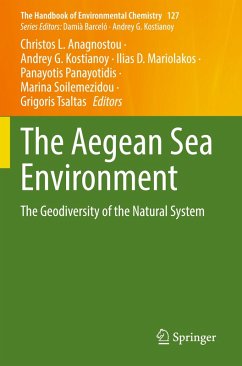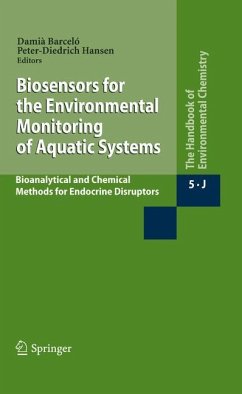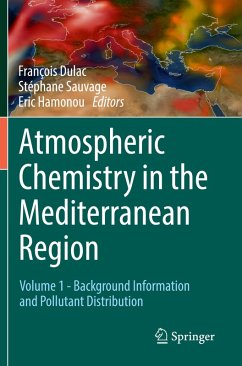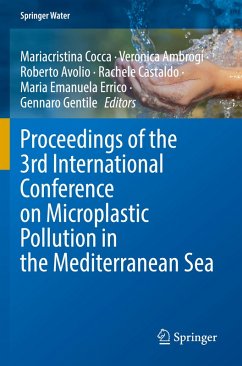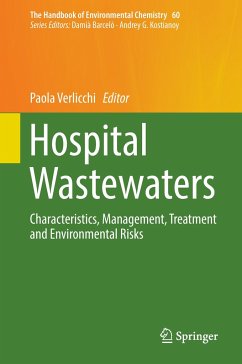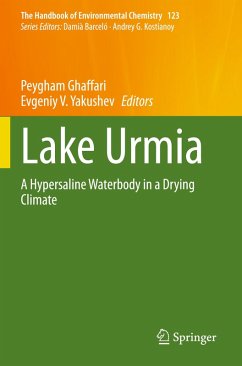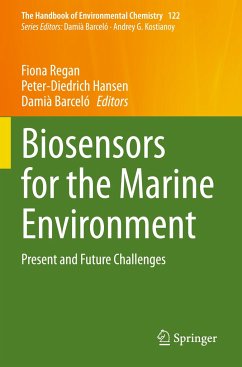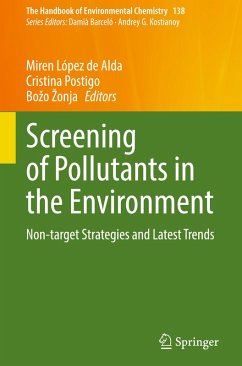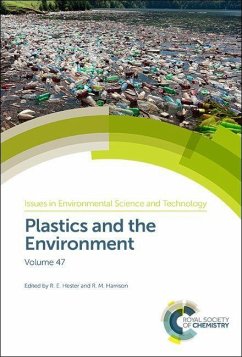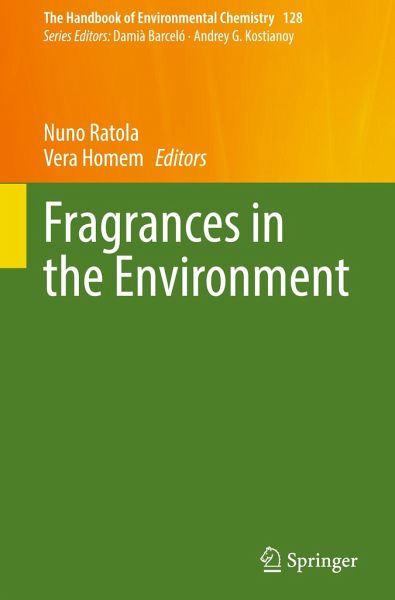
Fragrances in the Environment

PAYBACK Punkte
52 °P sammeln!
This book offers a comprehensive and authoritative review of the key environmental areas and compartments where fragrances have been found and discusses the current challenges of their presence and potential hazards. The book starts with a chapter devoted to the manufacturing and characterization of the most relevant types of fragrances, and their emissions to the environment. Subsequent chapters cover topics such as fragrances' toxic effects on the environment, their major routes of exposure, behaviour, and fate in different environmental matrices. Particular attention is given to ecotoxicolo...
This book offers a comprehensive and authoritative review of the key environmental areas and compartments where fragrances have been found and discusses the current challenges of their presence and potential hazards. The book starts with a chapter devoted to the manufacturing and characterization of the most relevant types of fragrances, and their emissions to the environment. Subsequent chapters cover topics such as fragrances' toxic effects on the environment, their major routes of exposure, behaviour, and fate in different environmental matrices. Particular attention is given to ecotoxicological issues and the environmental impact of fragrances in wastewater treatment plants, surface waters, marine environments, soils, remote areas, and air. In this book, readers will find valuable insights into the bioaccessibility and availability of synthetic musks in seafood and the corresponding human exposure and health risks. The book also outlines the most promising analytical methods used for fragrance detection and quantification, and it discusses the risks and future trends in this field.
Written by a multidisciplinary team of expert contributors, and considering its scope, this book is an essential tool not only for scholars and researchers in academia and industry but also for other stakeholders and decision-makers interested in the field of fragrances and their ecotoxicology, as well as environmental impacts.
Written by a multidisciplinary team of expert contributors, and considering its scope, this book is an essential tool not only for scholars and researchers in academia and industry but also for other stakeholders and decision-makers interested in the field of fragrances and their ecotoxicology, as well as environmental impacts.



